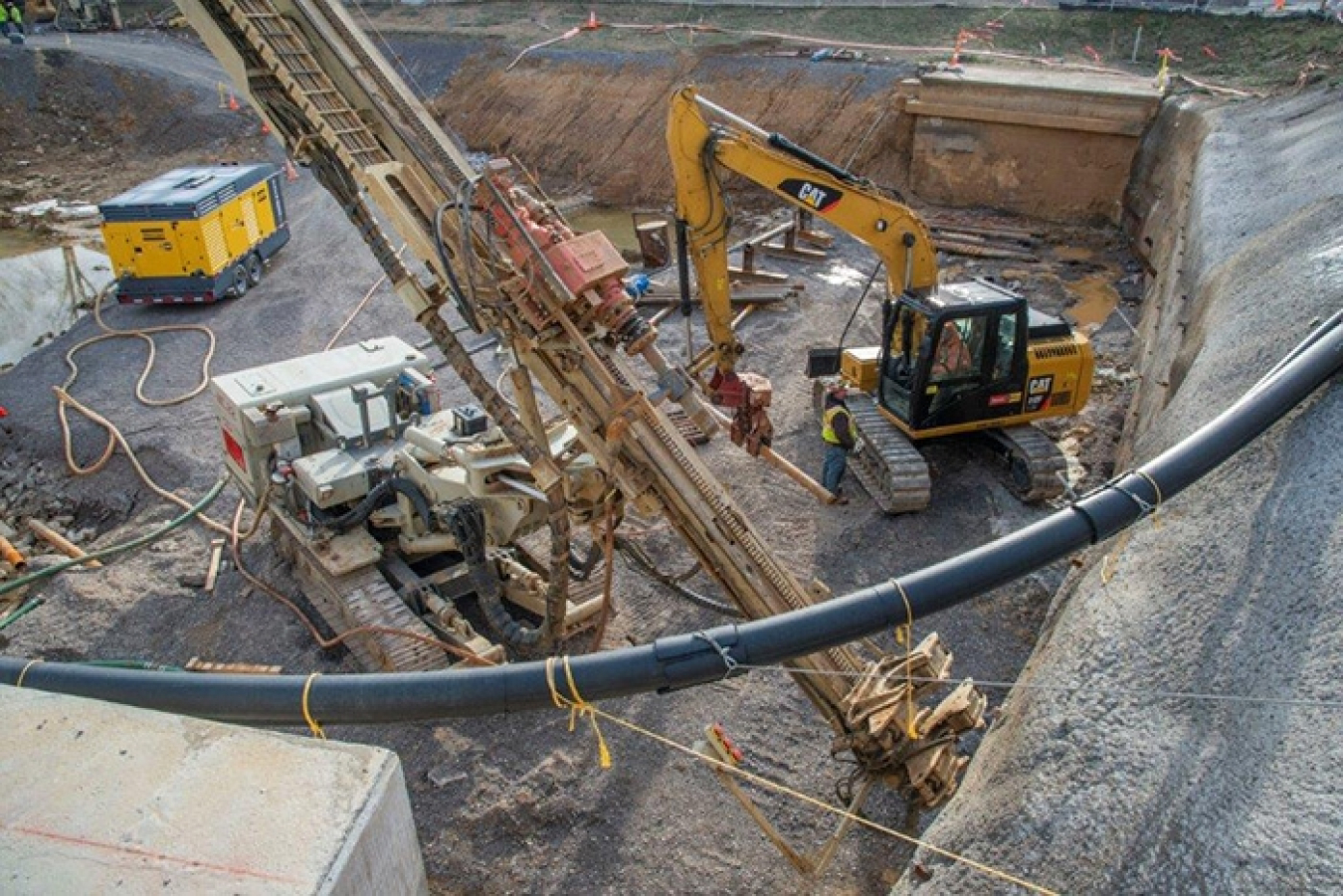The Office of Environmental Management (EM) is responsible for environmental restoration, waste management, technology development, and deactivation and demolition of excess facilities that were used in nuclear weapons development and government sponsored nuclear energy research. EM oversees an annual budget of approximately $8.2 billion dollars, over 90 percent of which is contracted to industry.
With such a significant portion awarded to outside contractors each year, achieving excellence in the department’s management of contracts is a key priority. The EM Office of Acquisition and Project Management, working closely with EM sites, supports EM’s mission by overseeing the award and execution of contracts. In accordance with DOE P 547.1A, Small Business First Policy, approved March 30, 2018, the department is committed to maximizing opportunities for small business contracts and subcontracts.
EM activities are being conducted through more than 40 prime contracts having a total value of over $90 billion and annual expenditures of over $5 billion. Awards are generally made to limited liability teams of individual companies that in turn procure goods and services from numerous subcontractors. We team with both our prime and subcontractors to deliver quality facilities, projects, and services that meet the DOE mission and help ensure a safe and secure environment at legacy DOE sites for generations to come.
One of the major focuses of the EM federal workforce is to carry out an effective and efficient process for acquiring services for construction, deactivation and decommissioning, waste management, and environmental cleanup. EM created the EM Consolidated Business Center (EMCBC) to provide a centralized focus on the major procurements that are required for EM to fulfill its mission. The EMCBC provides an integrated business system that supports operations and field offices in the planning, procurement and managing of major EM acquisitions. The EMCBC, along with representatives from the sites, develop and implement site and project specific acquisition and contract strategies, including the awarding of major contracts. This is achieved through collaboration with the Office of Acquisition Management. Upon award, contracts are administered by the operations and local site offices.
All EM procurement offices execute their acquisition and oversight responsibilities through a standardized process with a clear delineation of roles and responsibilities. EM continues to focus on increasing the efficiency of conducting major procurements through improved planning, integration, communication, and tracking, as well as ensuring the necessary resources and expertise are available.
End State Contracting
EM's goal is to do the work safely, at the right time, for the right cost, serving as responsible stewards of taxpayer money, while maintaining high safety standards. In support of that goal, EM is using a contracting structure known as end state contracting at EM cleanup sites to reinvigorate the completion mindset. Site closure and focused, accelerated site cleanup by EM contractors is contingent on awarding task order contracts to the best-qualified, best value contractor through a rigorous, competitive source selection process. To achieve success similar to that experienced at the Rocky Flats, Mound, and Fernald sites, EM must negotiate contracts with appropriate requirements, incentives, and risk models and issue tasks close to when they will be executed to better define the instant requirements and the associated risks and expected outcomes.
The End State Contracting Model (ESCM) focuses on accelerating cleanup, while reducing financial risk and environmental liability to the government and fairly sharing risk between the government and contractor to achieve desired end states. The model has two main phases:
- Best value award of competitive, qualifications-based, single award Indefinite Delivery/Indefinite Quantity contracts
- Post-award negotiation of discrete scopes of work under Firm Fixed Price or Cost Reimbursement Task Orders
End state contracting supports EM’s desire to partner with industry and stakeholders in negotiation of the risk-based end states needed to complete projects on its sites. The change in EM’s contracting model incorporates industry feedback.
End state contracting applies to the following EM cleanup projects:
- Hanford Central Plateau Cleanup Contract
- Hanford Integrated Tank Disposition Contract
- Moab Remedial Action
- Nevada Environmental Program Services
- Oak Ridge Reservation Cleanup
- Portsmouth Deactivation & Decommissioning
- Idaho Cleanup Project
- Savannah River Site Integrated Mission Completion
- West Valley Demonstration Project Phase 1B Contract


